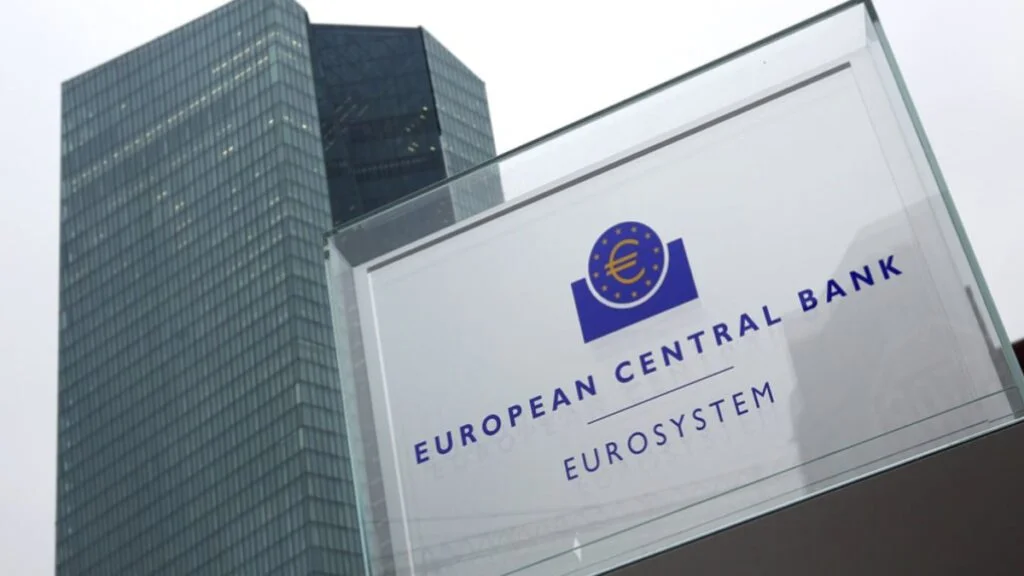The European Union is strengthening the role of the European Central Bank in supervising digital assets and climate risks inside the banking industry.

This action is a result of the banking industry’s exposure to a wider range of risks, particularly those related to climate change and the developing field of digital assets.
The ECB’s duties will now include supervising banks’ transition plans for the next thirty years towards a net-zero carbon economy under the new mission.
With the possible financial risks associated with climate change, this development puts the ECB in the lead role in monitoring how banks prepare for and adjust to environmental changes.
Furthermore, the supervision of bank-owned crypto asset services is now under the purview of the ECB. This shift reflects the growing significance of digital assets, such as Bitcoin (BTC), in the financial system and the requirement for strong regulatory frameworks to control dangers related to them, like money laundering.
This extension of authority is anticipated to harmonize European banking regulators’ stance on climate-related matters. In the past, there has been disagreement regarding the ECB’s appropriate enforcement of climate-related regulations, with some board members being wary of going beyond the organization’s mission.
The change also gives the ECB the authority to supervise bank-owned operating leasing companies. These companies provide particular hurdles even though they are not typically the center of regulatory attention, as demonstrated by problems such as the IT integration at Societe Generale SA’s LeasePlan.
Notably, a larger backdrop of regulatory changes surrounds the EU’s intention to bolster the ECB’s involvement. For example, the international rules for bank capital drafted in response to the 2008 financial crisis have been scaled back. Furthermore, the ECB’s expectations about the senior bank leadership vetting processes were not entirely fulfilled by the reforms.
